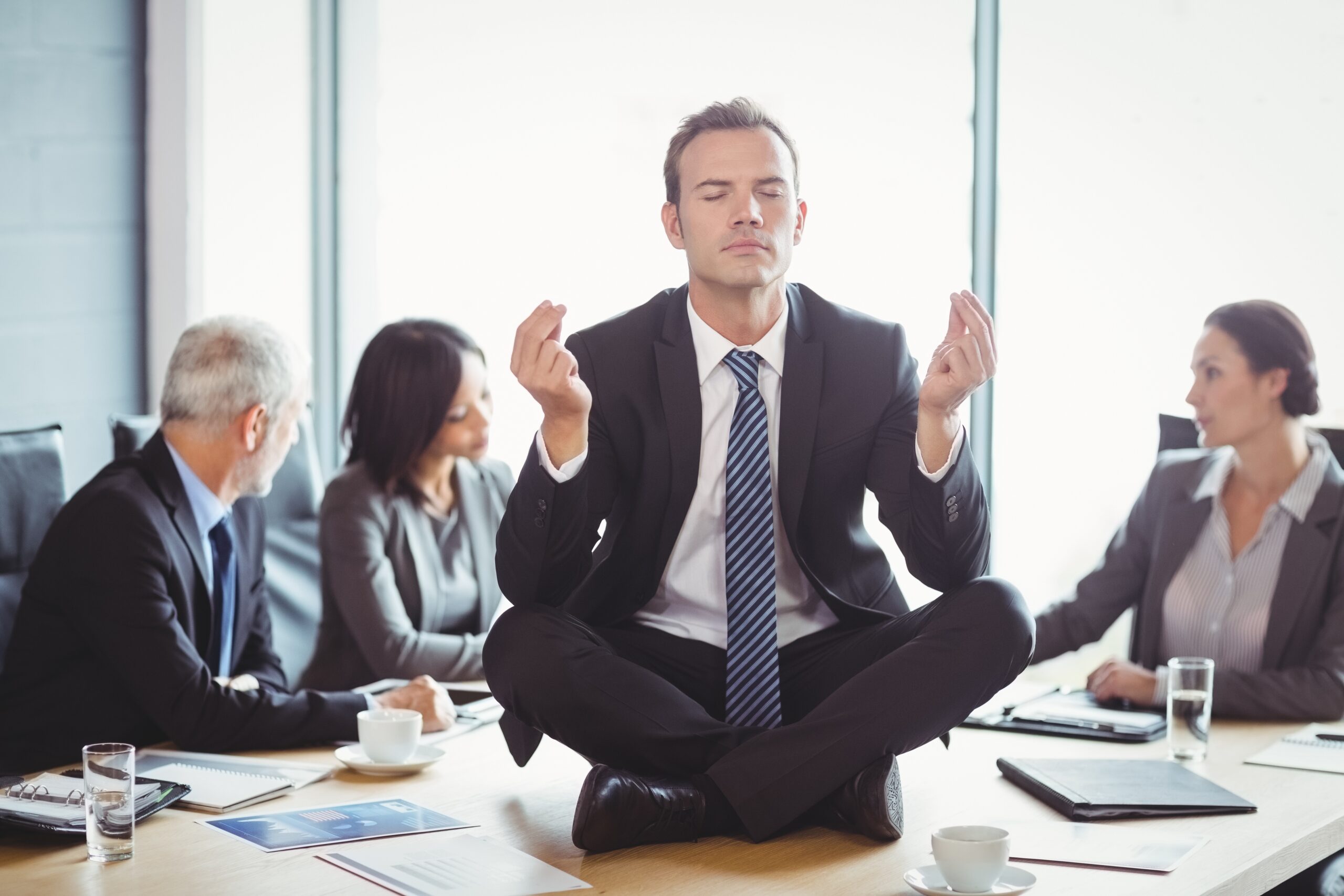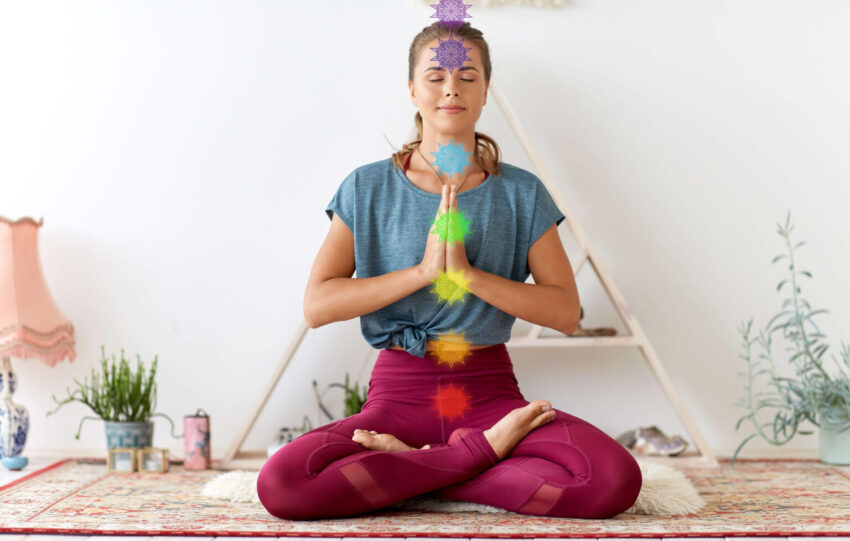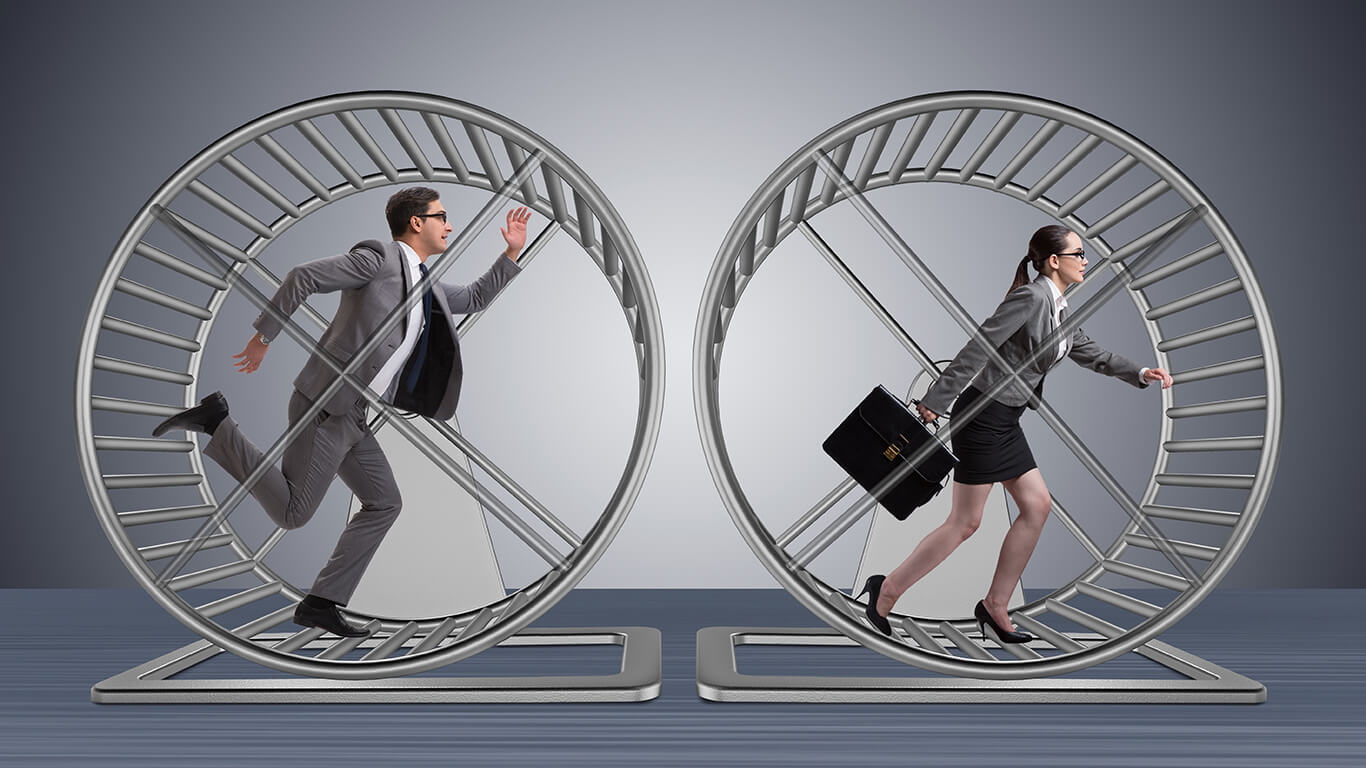Internationally renowned meditation mentor
Give me 5 minutes out of 1440 in your day and I assure you soon you will be calmer and happier. For those 5 minutes just meditate. Intentionally breathe deeper and observe your thoughts as they come and go. So simple, but many say to me, “It’s tough to meditate. I can’t turn off those thoughts.” I always respond with, “DON’T! Just train yourself to observe them without judgment. Just try it.” All I ask is 5 minutes of 1440.
Another misconception is that you have to really work at it over a long period before you start to feel the benefits. My experience says this is mostly untrue. Begin meditating for 5 minutes once a day. However discipline is important, so meditate daily and the results will come to you in as little as a week or two. All I ask is 5 minutes of 1440.
A Simple Meditation
Here’s a little sampler for you. Close your eyes, inhale and count from fifty to one in sync with your breath. Sit comfortably in a upright chair, spine straight, feet planted on the floor. Take a deep slow inhale and count fifty, hold it a second. Exhale counting backwards from forty- nine till one.
Congratulations, if this was your first meditation. Notice your thoughts all but stopped and your breath slowed down and you are feeling calmer now. That took 30 to 40 seconds. All I ask is 5 minutes of 1440.
The research shows hard facts about the efficacy of a regular meditative practice.
Improved Cognition
A 2018 study led by the University of California, revealed that an increased ability to sustain attention is developed through a meditative practice. This means improvements in the brain’s problem-solving and decision-making strategies, which support critical thinking and crisis management. All I ask is 5 minutes of 1440.
Reduced Burnout
The 2019 Stress in America survey by the American Psychological Association (APA) confirmed the connection between mindfulness and cortisol. A few weeks of meditation will reduce cortisol and other stress chemicals in the body. All I ask is 5 minutes of 1440.
Upgraded Memory
A study by Dr Benjamin Shapero, at Harvard Medical School (HMS), and Dr. Gaëlle Desbordes, an instructor in radiology at HMS found that meditation increases blood flow to the brain, leading to a stronger network of blood vessels in the cerebral cortex and reinforced memory capacity. All I ask is 5 minutes of 1440.
The unprecedented disruptions of the COVID-19 pandemic have motivated people to seek a few minutes of peace, calm and balance through meditation both professionally and personally. The fastest growing segment in recent times has been the virtual meditation space. As of end 2022 the top four meditation apps had over 12 million subscribers and the numbers grow daily; meditation has moved out of the studio and into the living room. In the 80s and 90s gyms were the health go-to. Today meditation is becoming the gym for the mind. All I ask is 5 minutes of 1440.
How and When
My experience collaborating with individuals, and at a corporate level, dictates a short meditative session to begin a morning. Yogic texts, like the Hatha Yoga Pradipika, mention the time before sunrise as the ideal time. This may not be possible, especially if you are a beginner, so I’d say within an hour after you wake would be good.
A morning meditation leads to a calmer day and adds a sense of coherence to your routine. Meditation helps regulate emotions, and this lessens knee-jerk reactions in decision-making at home or the office.
There are a few simple rules to make a practice of it, though.
Timing: Choose a time of day that fits you when disturbances are minimal.
Posture: Keep your body steady and spine straight. You may sit on the floor, cross-legged… however if you are seated in a chair make sure your feet are apart and firmly planted on the floor.
Close your eyes: Gently, shut your eyelids to help you focus and stay present within yourself.
Deep Breathing: You can begin with a few rounds of pranayama or a few sets of deep breaths to allow you to transition to a peaceful state of mind.
Smile: Keep a gentle smile on your face to elevate your mood and facilitate a body-mind state of interaction.
The 2019 Stress in America survey by the American Psychological Association (APA) confirmed the connection between mindfulness and cortisol. A few weeks of meditation will reduce cortisol and other stress chemicals in the body
Simple Body Scan
I love this simple meditation especially if you are beginning your meditative journey.
A good way to check in with your body and bring you into the present moment is to ask yourself how you are (and take your name).
Now begin by focusing on your feet and move up to the top of your head. To begin, ask, ‘How are you, my feet?” If there is tension anywhere, inhale deeply and send that breath in the direction of the body part seeking attention. At the end give thanks for your mind and your body and the moment of ease.
Gently Release
As you come towards the end of your meditation, rub your hands together and place them on your eyes. Gently open your eyes and bring your awareness to your surroundings. Acknowledge any emotions that may come up. When you are ready, stand up, stretch out and get started with your day.
Start Small
Begin with a short session of 5 minutes. After you are comfortable, move to 10 or 15 minutes until you are comfortable meditating for 30-minute sessions.
There are millions of different meditations that you can sample until you find that sweet meditative spot. After a few tries you say, “I can’t do it. My mind wanders off, etc.” Congratulations! You have begun your meditative journey!
Remember this. Just the fact that you are aware your mind wanders means you are building a practice in awareness. Begin this journey today – Just 5 minutes of 1440.
Denzil Oconnell, is an internationally renowned meditation mentor, currently working with Insight Timer the world’s largest Meditation App. A certified Yoga and Breathwork Teacher (TTC300) and Reiki Grand Master (Mikao Usui School Tokyo), he is the owner of Wellness- Works (wellnessworks.in) one of the leading web sources on wellness blogs, videos and podcasts.




